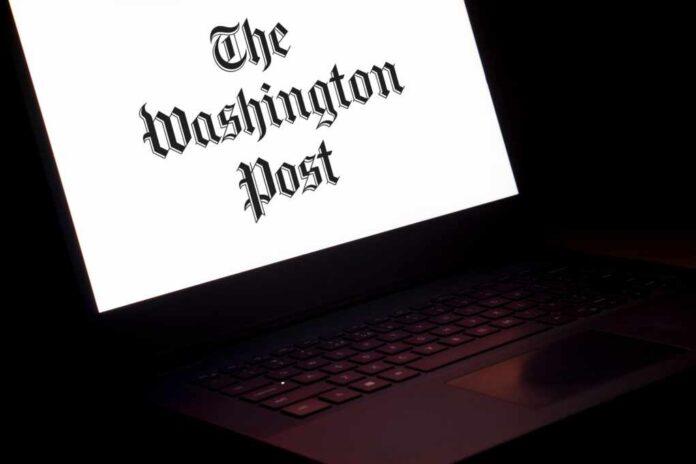
Washington Post columnist Max Boot is facing significant scrutiny following the indictment of his wife, Sue Mi Terry, for allegedly acting as an unregistered agent for South Korea. Terry, a former CIA analyst and senior National Security Council official, is accused of accepting luxury gifts in exchange for promoting South Korean interests in her media appearances and sharing sensitive information.
The Justice Department’s indictment alleges that Terry facilitated meetings for South Korean officials and provided them access to U.S. officials without registering as a foreign agent. Boot, known for his harsh criticism of Donald Trump and his promotion of the Russiagate conspiracy, co-authored several articles with Terry on Korean issues. The Washington Post has since added editor’s notes to these articles, disclosing the charges against Terry.
Boot’s integrity is now under question as critics argue he should have disclosed his personal relationship with Terry in his writings. The situation has sparked concerns over potential conflicts of interest and the influence of foreign governments on American media. The Post has yet to take further action against Boot, but the controversy continues to grow.
Terry has denied the charges, asserting through her lawyer that the allegations are unfounded. The Washington Post faces lingering questions about its handling of the situation and whether it will investigate Boot’s involvement further.
The indictment also highlights Terry’s alleged efforts to push South Korean government positions during media appearances, facilitated by her relationship with Boot. This has raised serious concerns about the ethical standards at the Washington Post and the potential compromise of its journalistic integrity.
As the scandal unfolds, the impact on Boot’s career and the reputation of the Washington Post remains to be seen. The situation underscores the importance of transparency and ethical conduct in journalism, especially when it involves national security and foreign influence.

























